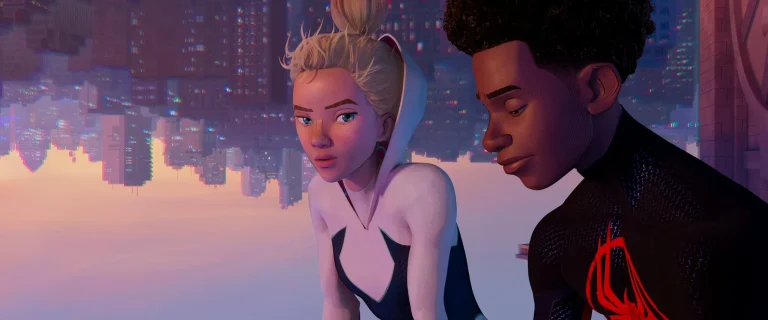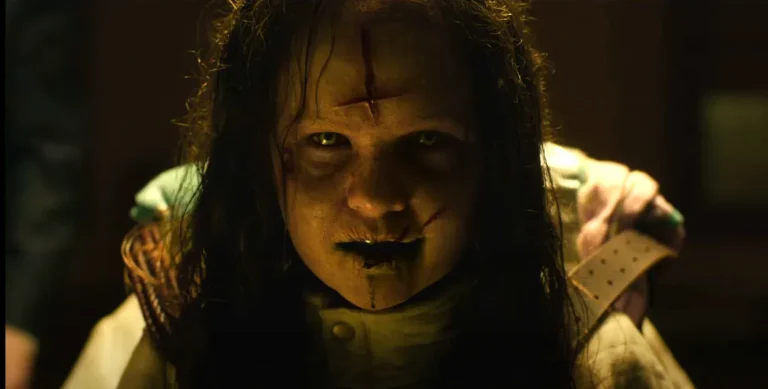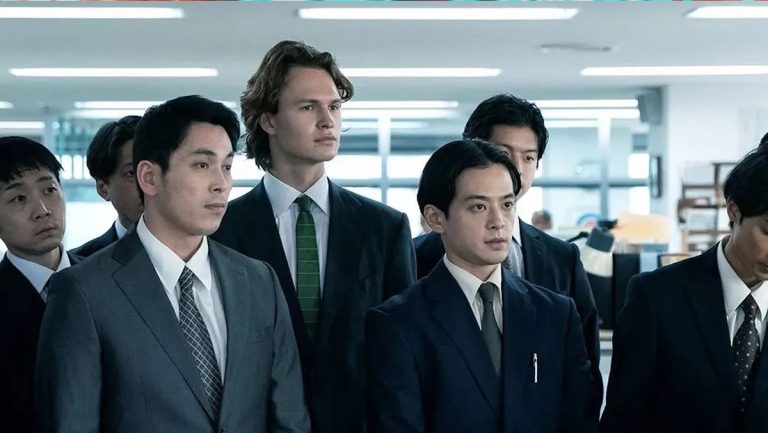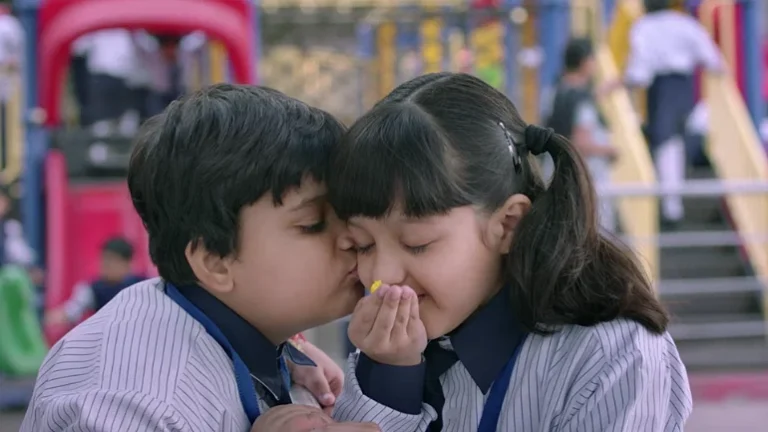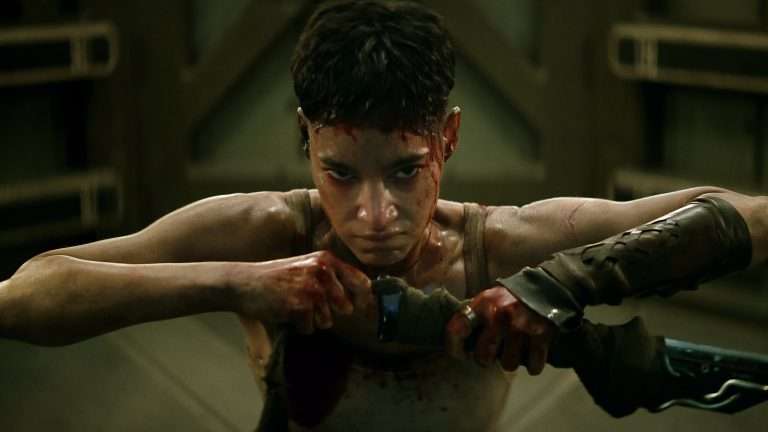I watched “Dhadak 2” yesterday. I’m from South Kolkata. Went to a missionary school and later, a fairly progressive college. Our syllabus had texts like the Bhimayana and selected Dalit literature, which was my only exposure to casteism in India. It felt academic, distant. It’s easy to believe casteism is behind us when your surroundings never make you confront it. But when I moved to Delhi, I overheard two colleagues talking proudly about rituals they performed as Brahmins. I was surprised. Talking about caste? That too with pride? I thought it was a one-off. But slowly, I realised they weren’t exceptions. The more I observed, the more I saw how deeply ingrained caste still is. What I once brushed off as “isolated” wasn’t isolated at all.
“Dhadak 2,” starring Siddhant Chaturvedi and Triptii Dimri, is a must-watch, especially for people like me who never even considered caste as part of their identity. I’ve always known my name, religion, sexuality, and nationality. I’ve taken ownership of the resistance and responsibility that come with them. But caste? It was never on the list. I never realised that my upper-caste privilege allowed me to exist in spaces where caste didn’t come up at all. For most of my life, I never even heard a caste-related conversation.
The movie opens with an almost two-minute disclaimer. By the three-minute mark, you already glimpse the ugly face of casteism. A food deliveryman arrives at a young boy’s home and notices “Jai Bheem” painted on the door. His expression hardens. Within minutes, he pushes the boy off a balcony. No provocation. No prior history. Just cold, casual murder.
I felt an abrupt estrangement from my own beliefs.
The killer, Shankar (played with chilling restraint by Saurabh Sachdeva), sees himself as “cleaning” society by killing lower-caste people. Both his acquaintances and strangers seek him out for honour killings. Yet, many see him as a kind-hearted, helpful man. That duality is what makes him terrifying. I recognised the hate, even you would, irrespective of whether you have faced it in this context. We know this learned hatred for anyone society’s conditioning casts as a misfit.
In Vidhi (Triptii)’s character, I saw myself. Most of the time, she’s just trying to understand what’s happening. His caste, the very thing that shapes his life, barely registers for her. Because, like me, she’s never been affected by it. At one point, she says that she thought that we had left this kind of discrimination 500 years ago. And Nilesh (Siddhant) replies, “Jinke saath hota nahi hai, unhe aisa hi lagta hai.”
That line stayed with me.
Triptii plays Vidhi, a Brahmin woman from a family of lawyers, studying law to follow in their footsteps. In college, she meets Nilesh, who also dreams of becoming a lawyer but for a very different reason. His degree is a fight for justice for lower-caste communities who are routinely ignored, beaten, and silenced. He earns admission to the best law university, led by a principal (Zakir Hussain) who also comes from a lower-caste background.
The principal makes him promise: no politics, just focus on studies. In a college where no one leaves a chance to bully him for his quota admission, politics doesn’t take long to find him. On day one, he faces ragging and humiliation from his seniors. And there he meets Shekhar (Priyank Tiwari), who steps in to defend him. They become friends, but Nilesh avoids protests and petitions, which Shekhar is an integral part of.
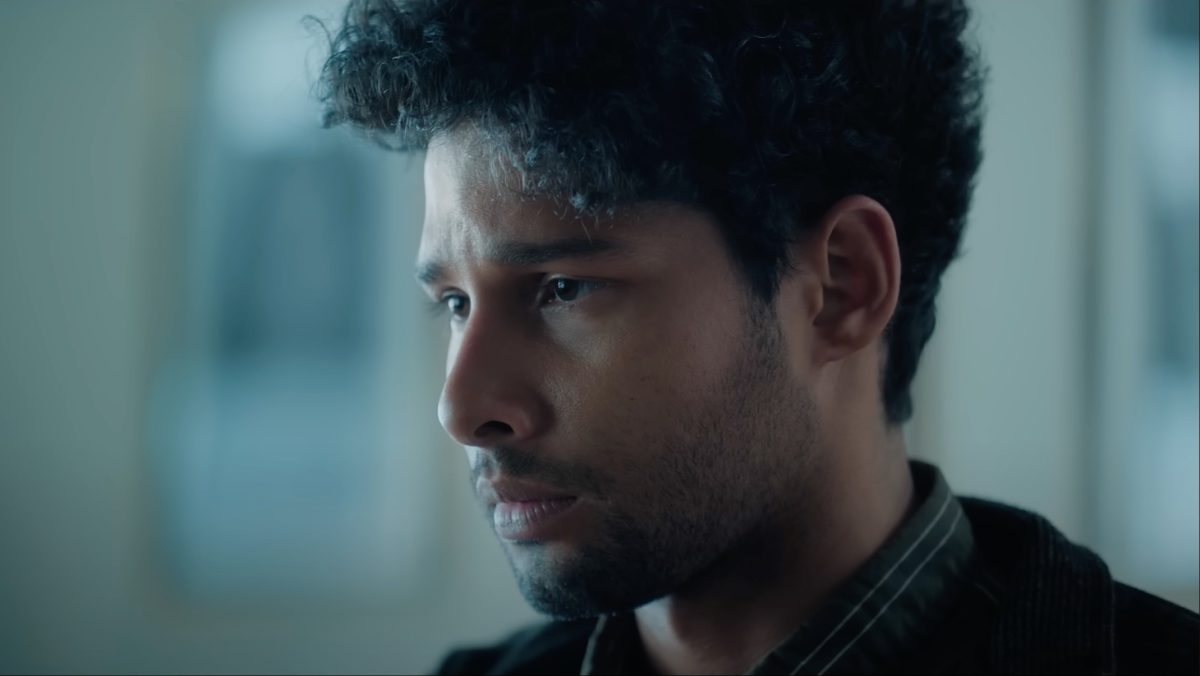
Shekhar tells him politics is already part of his life; he was born into it. Things get worse when fellowship funds for Dalit and lower-caste students are cut off under the pretext of “misuse.” Shekhar leads protests. The loss of that fellowship, often the only lifeline for first-generation students, pushes him to despair. Nilesh even refuses to sign a petition against the suspension of his fellowship. Shekhar and Nilesh are two contrasting characters in how they approach casteism, where both of them are equally affected.
Eventually, Shekhar dies by suicide, a scene that echoes Rohith Vemula’s death in 2016.
From there, the story darkens. Nilesh faces relentless humiliation, mud thrown on him, urine poured over him, and his father stripped naked in public. Watching it, I felt shock, and realised that shock itself was privilege. I closed my eyes instinctively in some of the scenes, and I still can not imagine how a society has convincingly believed that people who work in low-paying jobs deserve to be treated like this.
The hate escalates into a plan to kill Nilesh because he loves Vidhi. The man hired was Shankar. After an intense scene of punches and kicks, Shankar fails, and perhaps because we are watching a Bollywood film where the hero must live, Shankar takes his own life when his mission to “purify” society collapses. To an extent, this was the only way the director could show a happy ending. Had Shankar lived, we’d have had no doubt: he would have killed him, however long it took.
Where does this hatred come from?
Later, over coffee, a Brahmin friend told me about a college debate on reservations. A Dalit classmate had asked him: “How many lower-caste friends do you have?” My friend turned the question on me. I never thought that way. We were never taught to. But once the question was asked, I mentally listed the names: Sharma. Banerjee. Chatterjee. Bhattacharya. Ojha. Sarkar. Roy…
All upper caste. Every single one. This was a major moment of epiphany.
“Dhadak 2” doesn’t let you look away. It points at you and says: If you haven’t faced casteism, it’s not because it’s gone, it’s because you’re privileged. No one’s told me I belong to the gutter. No one has refused to eat with me, and no one has barred me from touching an idol. These things still feel unreal to me, but they happen. Every day. Every hour.
It’s time to start owning up.


